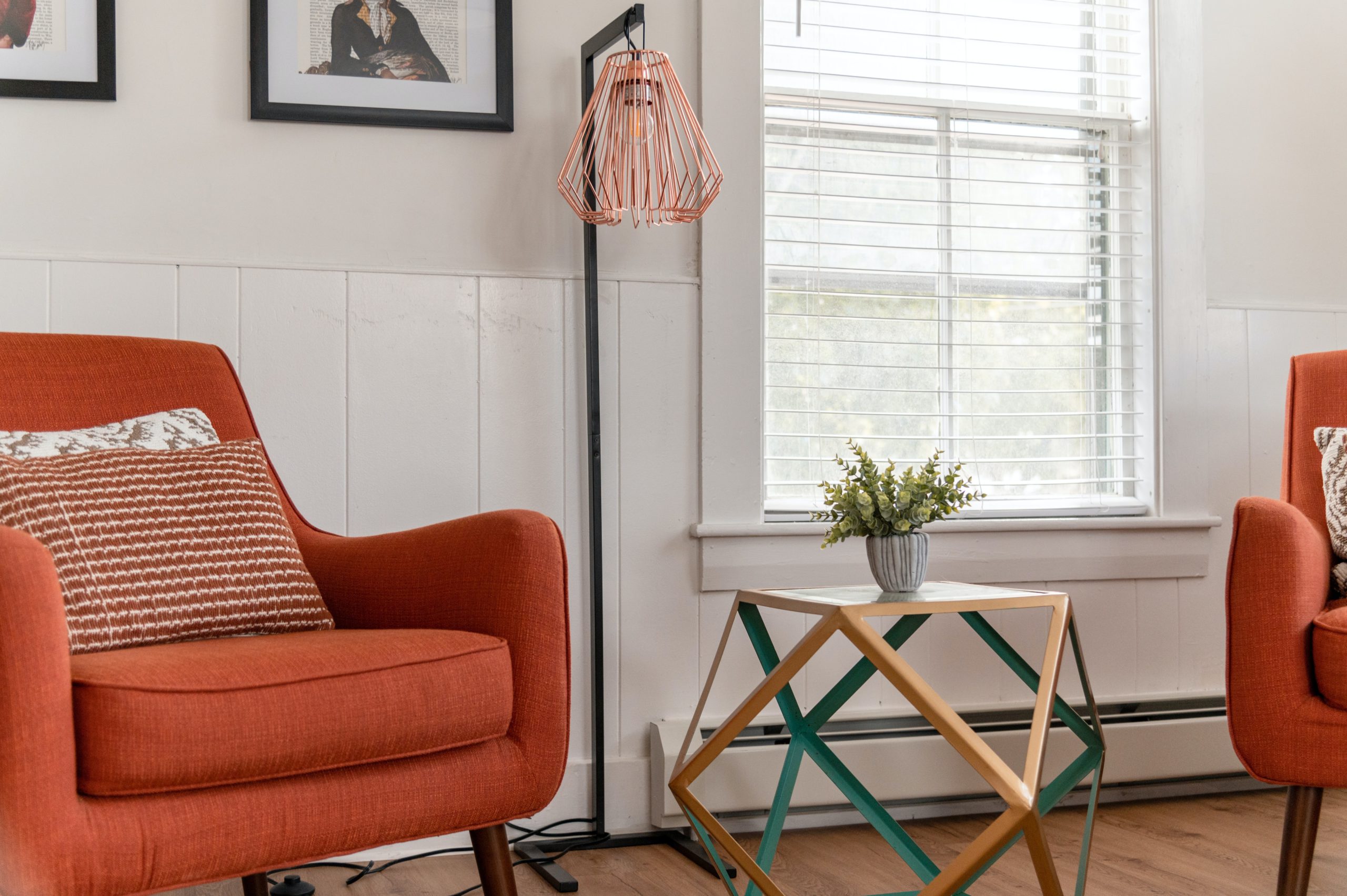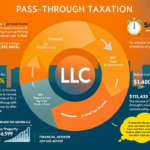Many investors have recognized the benefits of owning a rental property. Aside from its potential to earn you money from renting it out, the money you receive can help you build up equity in the property over time. If property values increase, you may be able to make a gain on the property when you decide to sell it. However, finding the money to purchase a rental property can be difficult. This article will discuss the best ways to finance a rental property.
- Hard Money Loans
Hard money loans are short-term loans that can be used to finance a rental property. You can get these loans through a private business or individual, not through regular banks. The loan balance must typically be paid back within a short amount of time — in some cases, less than a year.
These types of loans are best for individuals who plan to purchase a property that may need significant renovation. They will typically handle all of the repairs to improve the property’s value (sometimes significantly), then put it back on the market for sale. With the right type of property, investors may make a significant profit from their hard work.
However, if you are an investor planning to hold a rental property over the long term, this may not be the right type of loan for you.
Interest rates can be high — sometimes as high as 18% — and you’ll need to be able to repay the entire loan in a short period. That can be hard to do if you don’t have tenants and you’re spending money out of pocket for renovations.
- Private Loans
Private loans are typically given from one individual to another. For example, if you have a friend or relative who has the money available to purchase a property and is willing to lend it to you, this arrangement would be classified as a private loan.
You may also be able to find private loans through real estate investment networking events. The actual terms of the loan will depend on what your lender is comfortable with.
A private loan contract will outline the terms of your real estate investment, including the length of time to pay it back, the interest rate, and the total value of the loan.
Before you decide to go with a private loan to finance a rental property, it’s wise to have a lawyer review the contract for any terms you may want to include to protect both yourself and the lender. If you obtain the loan from a relative or friend, make sure they are 100% comfortable with the agreement.
- Conventional Loans
Conventional loans are a traditional way of financing a rental property that you wish to invest in. However, where other modes of financing may not require a credit check, a conventional loan will require an inquiry into your credit report and all of the other financial documentation that comes with the lending process.
You’ll need to provide information related to your income and assets, as well as proof that you can afford both your regular mortgage and a second property loan.
These types of loans are not backed by the Federal Housing Administration (FHA), which means banks can set their lending requirements. You may be required to put down as much as 30% of the property’s purchase price.
You’ll also have to meet certain debt to income (DTI) requirements. The DTI requirements do not include the potential rental income you expect to make on the property, which can be a significant disadvantage.
- Home Equity Loans
Suppose that you have a significant amount of home equity built up in your current home. In that case, you may be able to refinance your mortgage through a home equity loan or cash-out refinance to secure the money you need to finance a rental property.
Home equity loans often allow you to borrow up to 80% of your equity from the property you own.
The type of home equity loan you obtain will determine the advantages or disadvantages you may experience. Your loan’s interest rate will be variable in some cases, exposing you to potentially higher interest rates.
In addition, some of these loans may extend the length of your current mortgage. This can cause you to pay more interest over time.
- Cash
Finally, cash is always an option for purchasing a rental property — if you have the money available. Most owners do this to avoid getting banks involved and going through a lot of red tape.
Using cash is a great way to acquire various rental properties for your portfolio. To do this, you’ll use something known as the Buy, Rehab, Rent, Refinance, Repeat (BRRRR) method.
Using the BRRRR method, purchase your first rental property with cash. Next, perform any renovations required to get it ready for a tenant. Once you’ve found a good tenant, you refinance the property and remove the cash you’ve just invested. Finally, you find another rental property and start the process over from scratch.
This is a great way to build a nice rental property portfolio for serious real estate investors.










